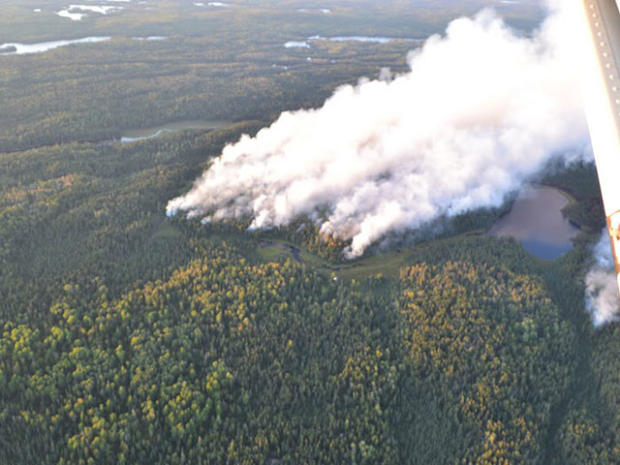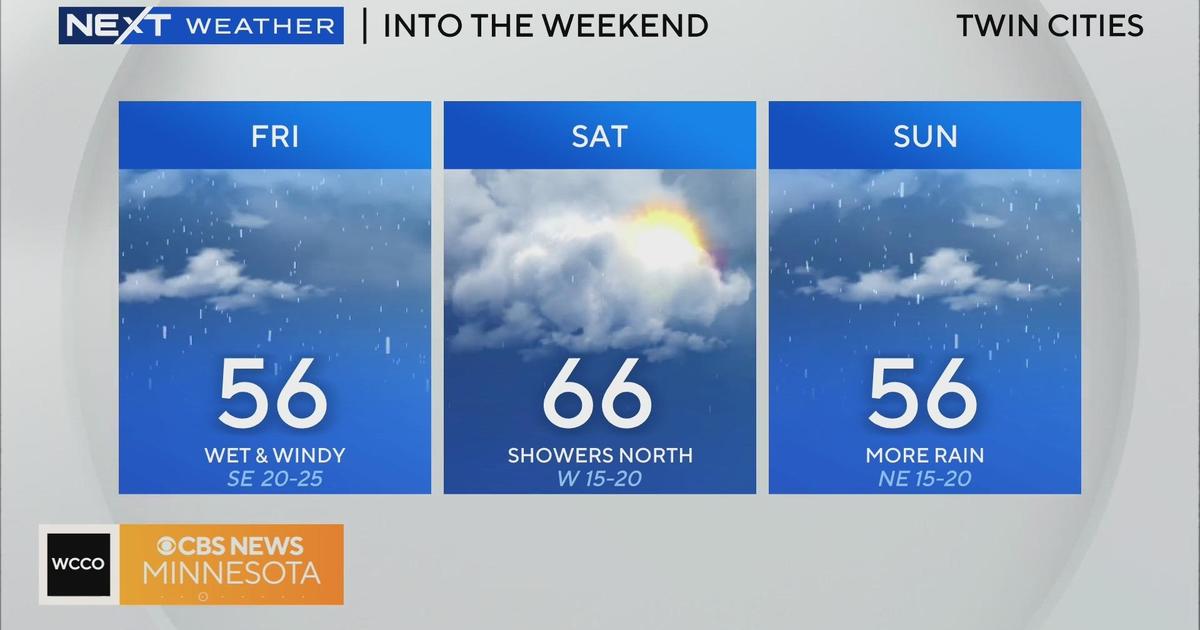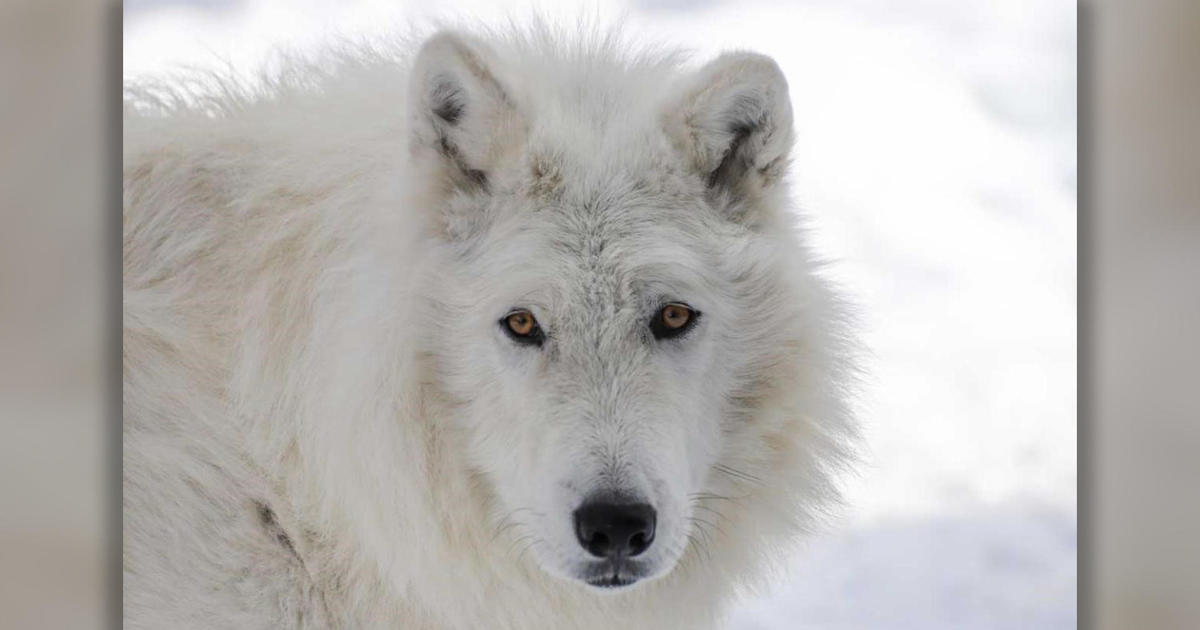Maui fire brings to mind 2011 wildfire in Boundary Waters, U of M forestry expert says
MINNEAPOLIS -- As the death toll in Maui keeps rising, there is a renewed focus on forest fires and the devastation they can cause.
In Sunday's Talking Points, Esme Murphy looks at the increasing risks of fires here at home and in neighboring areas, including Canada.
Horror stories are emerging from Maui -- survivors talk about the panic, the intensity of the heat and wind, and again and again they mention the speed at which the fires moved, trapping so many and destroying so many homes and buildings.
Climatologists say there was a warning of a high fire risk that week. The island had experienced a severe drought and the winds were extremely high from Hurricane Dorian, which was passing far to the south. These factors were also enhanced by climate change. It all combined to make conditions ideal to fuel the deadliest fire in the U.S. in more than a hundred years.
Maui is, of course, a long way from Minnesota, but a leading forestry expert says the speed of the Maui fires not only can happen here, it already has with the 2011 Pagami Creek fire in the Boundary Waters. That fire started in August but it was not until some severely dry windy days in September that it quickly spread to more than 92,000 acres. By comparison, the Maui fire burned more than 2,100 acres.
Professor Lee Frelich From the University of Minnesota is an expert on forest fires and climate change. He was a guest on WCCO Sunday Morning at 10:30 a.m. He talked about what happened in the Pagami Creek Fire.
"Basically a huge gust of wind came and it pushed the fire about 12 miles in just a few hours. And six forest rangers were caught by the flaming front, which was 300-feet high, and they had to take refuge on a small, rocky island in the middle of the lake, and they had no idea the flaming front was near them, nobody in the Forest Service did," he said.
This summer, the biggest impact in Minnesota from forest fires has come from Canadian fires making our skies smoky and at times even hazardous to breathe. So far this summer, the Canadian wildfires have burned 33.4 million acres, roughly the size of the state of Mississippi. And the carbon emissions from those fires has exceeded 300 metric tons.
You can watch WCCO Sunday Morning with Esme Murphy and Joseph Dames every Sunday at 6 a.m. and 10:30 a.m.





